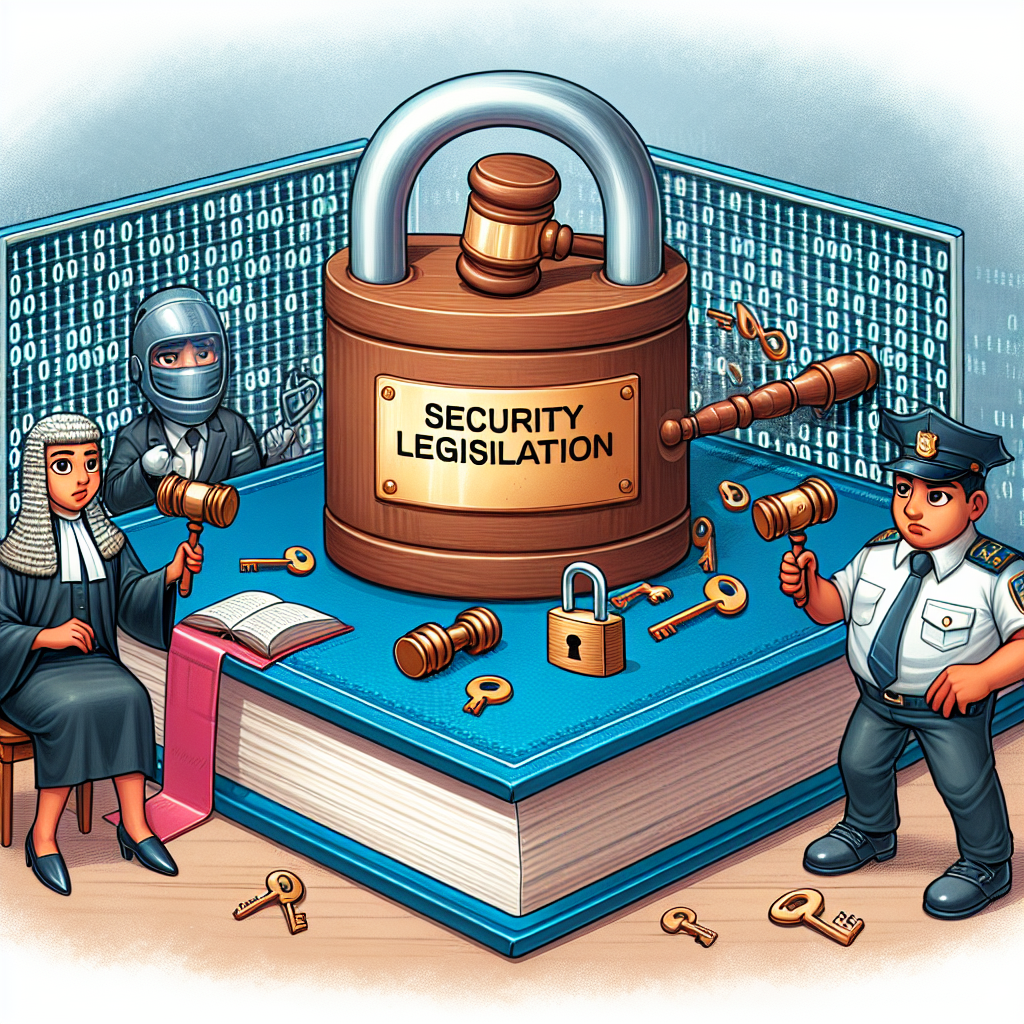Judicial Expansion Bill Sparks Bipartisan Tensions
The House passed a bill to expand federal district judgeships, although its future remains uncertain due to political debates. The bill aims to add judges over a decade, avoiding bias for any political party. Democrats oppose the measure following its post-election introduction, leading to intense bipartisan conflicts.

- Country:
- United States
A bill to expand by 66 the number of federal district judgeships was passed by the House of Representatives on Thursday, yet its fate remains uncertain amid partisan disputes. This legislation comes after Republicans opted to push the measure post-election, following President-elect Donald Trump's second-term victory.
The initiative is planned to roll out over a decade across three presidential administrations. Both parties were initially cautious to avoid giving an undue advantage to any one party—the Senate's unanimous approval in August attests to this balanced approach. However, the House's predominantly Republican push for post-election consideration has led to strong resistance from Democrats, reflected in the 236-173 vote tally.
With President Joe Biden threatening to veto, the bill faces a challenging path forward. The absence of two-thirds majority support in both the House and Senate makes overcoming a presidential veto unlikely. Republicans argue that the increase is overdue and necessary to address increasing case backlogs spotlighting existing delays costing American businesses billions.
(With inputs from agencies.)










